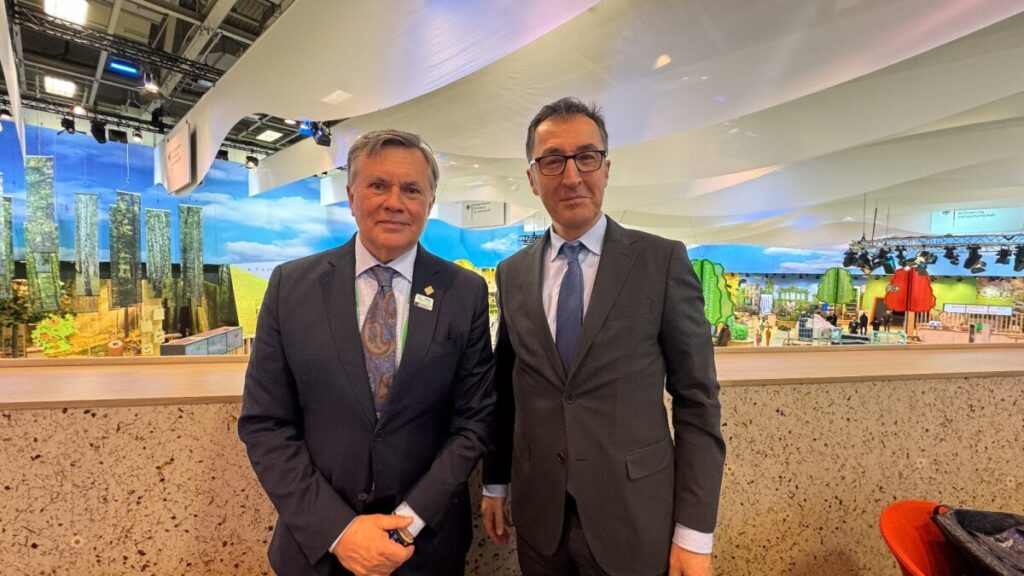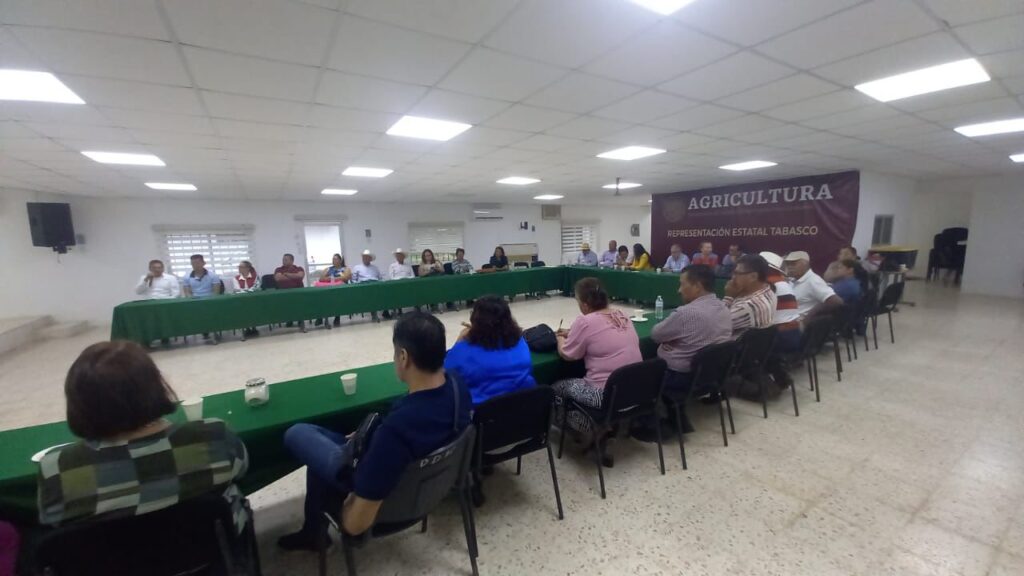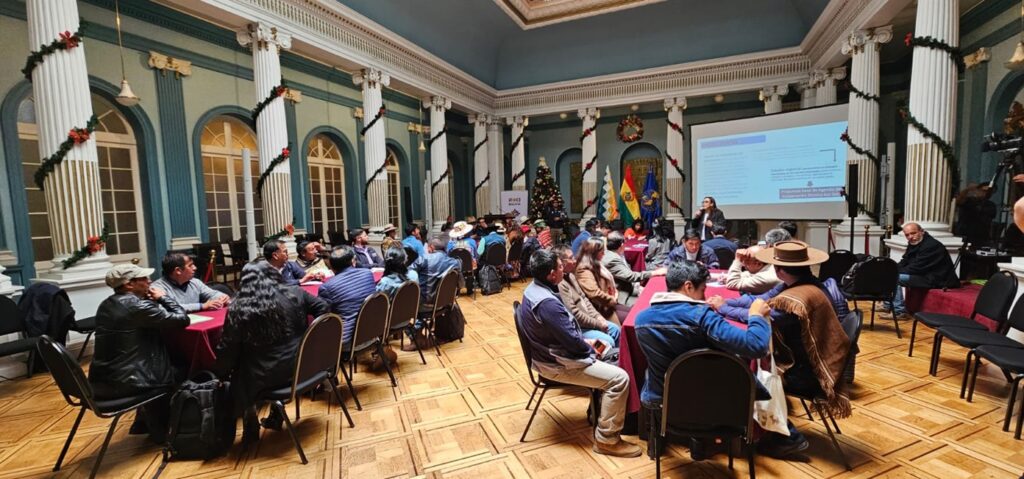Suazo, quien preside el Comité Ejecutivo del IICA y es la primera mujer que lidera la Secretaría de Agricultura y Ganadería en Honduras, fue una de las oradoras en el panel “Innovación para integrar y hacer transversal la agricultura en las NDCs – Lecciones de África, Asia y América Latina”.
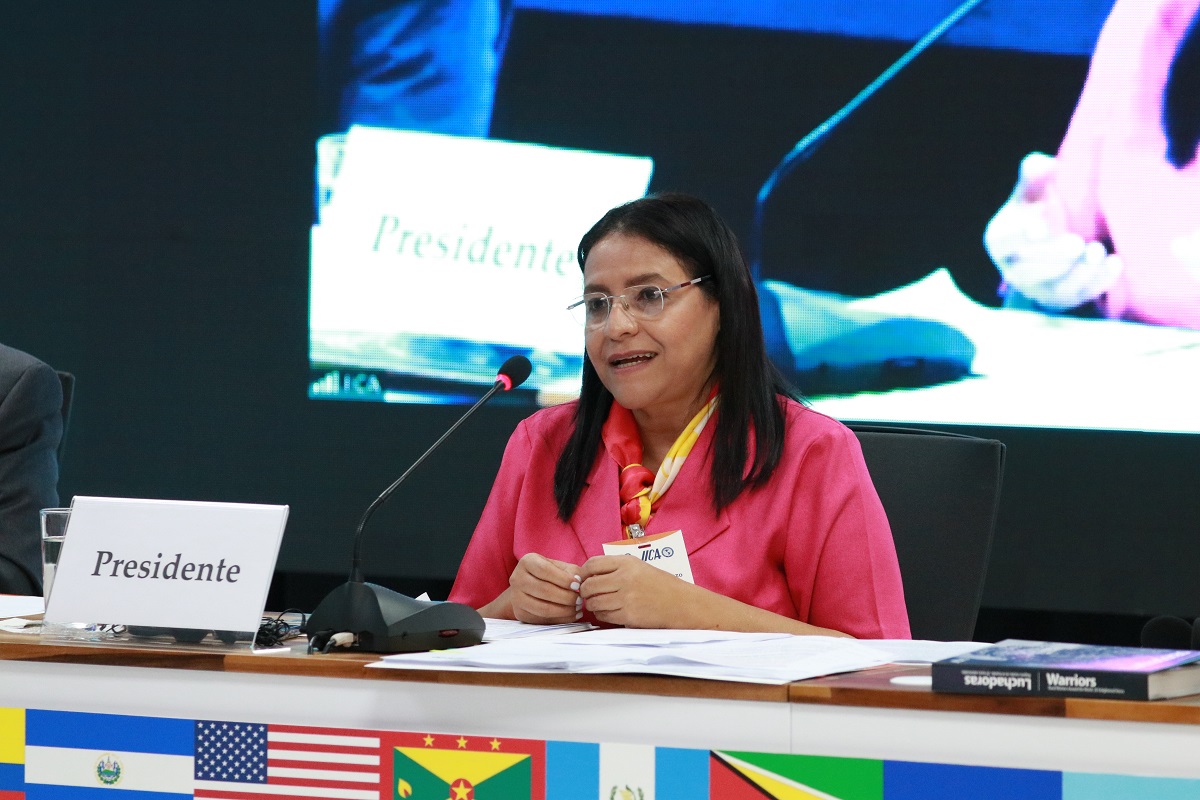
Washington, 12 de mayo de 2023 (IICA) – La Secretaria de Agricultura y Ganadería de Honduras, Laura Suazo, participó en una importante Cumbre Global organizada por Estados Unidos y Emiratos Árabes Unidos –país organizador de la COP 28- en busca de apoyo para las políticas nacionales de mitigación y adaptación al cambio climático, que afecta severamente a los pequeños productores del país centroamericano.
“Honduras cuenta con un marco legal muy desarrollado en el ámbito del cambio climático pero carece de financiamiento para implementarlo”, señaló Suazo durante la Cumbre de AIM for Climate (Agriculture Innovation Mission for Climate), que se celebró en Washington y reunió a hacedores de políticas públicas, líderes de la industria, productores, representantes de la sociedad civil, científicos e investigadores de todo el mundo.
Durante el encuentro, que duró tres días y tuvo la participación del Instituto Interamericano de Cooperación para la Agricultura (IICA) y otros organismos internacionales, se dieron a conocer datos que revelan que las inversiones en innovación en los sistemas agroalimentarios y agricultura climáticamente inteligente están aumentando de forma consistente en todo el mundo gracias a los esfuerzos conjuntos de los sectores público y privado.
Suazo, quien preside el Comité Ejecutivo del IICA y es la primera mujer que lidera la Secretaría de Agricultura y Ganadería en Honduras, fue una de las oradoras en el panel “Innovación para integrar y hacer transversal la agricultura en las NDCs – Lecciones de África, Asia y América Latina”. Las NDCs son las contribuciones que cada país se comprometió a hacer para la mitigación y adaptación al cambio climático, en el marco del Acuerdo de París, adoptado en 2015.
En ese evento participaron también el Director General del IICA, Manuel Otero; la Asistente del Administrador de la Oficina de Resiliencia y Seguridad Alimentaria de la Agencia de los Estados Unidos para el Desarrollo Internacional (USAID), Dina Espósito; la Comisionada de la Unión Africana Josefa Sacko; y el Director de la Oficina de Política Energética y Ambiental del Departamento de Agricultura de los Estados Unidos (USDA), Bill Hohenstein.
Además, Suazo compartió con Marie-Claude Bibeau, Ministra de Agricultura y Agroindustria de Canadá, e Isobel Coleman, Viceadministradora de USAID, un panel titulado “Innovación para un Impacto Inclusivo: Poniendo a las mujeres en el corazón de nuestras inversiones en los sistemas alimentarios”.
“Honduras no puede desprenderse de la realidad del país que tenemos, donde hay un escenario social dramático. El evento es oportuno para confirmar la importancia de contar con una política de estado clara y precisa en términos de seguridad alimentaria pero también para agregar valor y mejorar aspectos de comercialización, desde una óptica que priorice la creación de mejores oportunidades para los pequeños productores que se ven afectados por eventos extremos debido al cambio climático”, dijo Suazo.
Educación agrícola
Suazo además utilizó su presencia en la Cumbre de AIM for Climate en Washington para discutir la implementación en Honduras de un proyecto de educación agrícola con Michael Kremer, Profesor de Economía la Universidad de Harvard y Nobel de Economía 2019, quien es Embajador de Buena Voluntad en Asuntos de Desarrollo Sostenible del IICA.
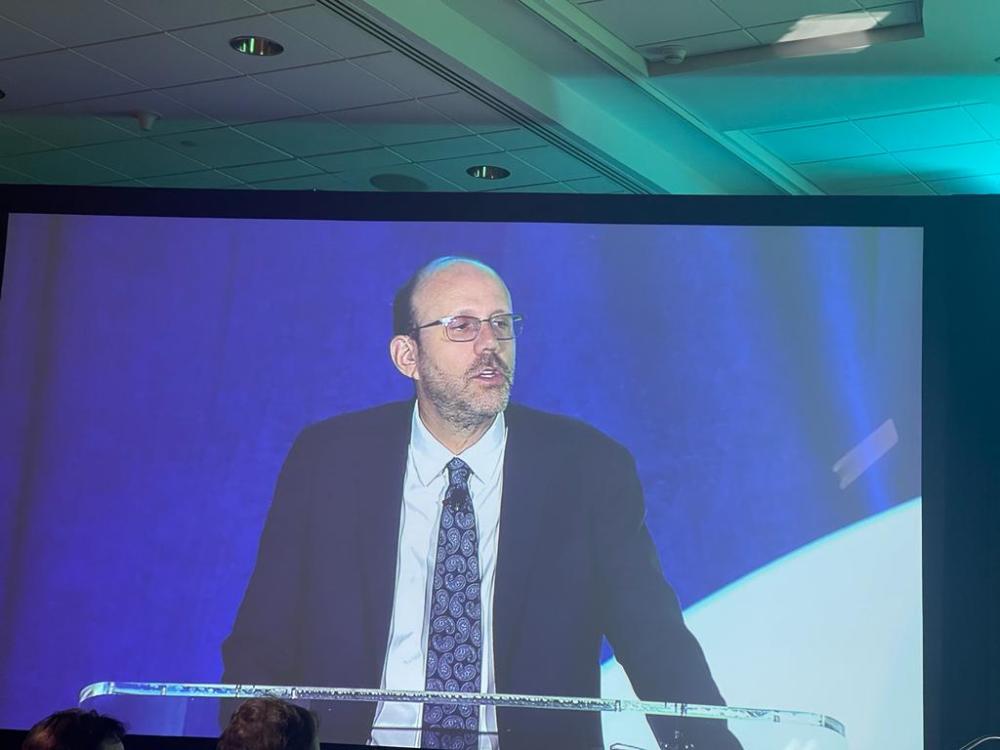
Kremer es uno de los fundadores de Precisión para el Desarrollo (PxD, por sus siglas en inglés), organización que lleva servicios agrícolas digitales a pequeños productores, con la finalidad de que puedan obtener mejores rendimientos y un aumento de ingresos.
La Secretaria consideró que las transformaciones en agricultura pasan en buena medida por cuestiones culturales.
“Para hacer cambios en agricultura –dijo- debemos cambiar la cultura, porque el cambio climático no es solo una cuestión de temperatura, sino también de decisiones que todos hacemos basados en tradiciones, normas, valores y necesidades económicas. La cultura influye en las prácticas de los agricultores, en las agendas de las empresas y en las preferencias de los consumidores”.
Suazo afirmó en Washington que Honduras ha hecho importantes avances en el marco normativo para enfrentar el cambio climático y hoy tiene grandes retos en cuanto a la coordinación y el ordenamiento del trabajo en mitigación y adaptación.
Añadió que es urgente definir indicadores que midan el impacto de las políticas y acciones aplicadas.
“No podemos seguir participando en conferencias y negociaciones internacionales si no somos capaces de medir el impacto en términos de la producción de lo que estamos haciendo en colaboración con el IICA y otros organismos internacionales que contribuyen con nosotros”, concluyó.
Más información:
Gerencia de Comunicación Institucional
comunicacion.institucional@iica.int
